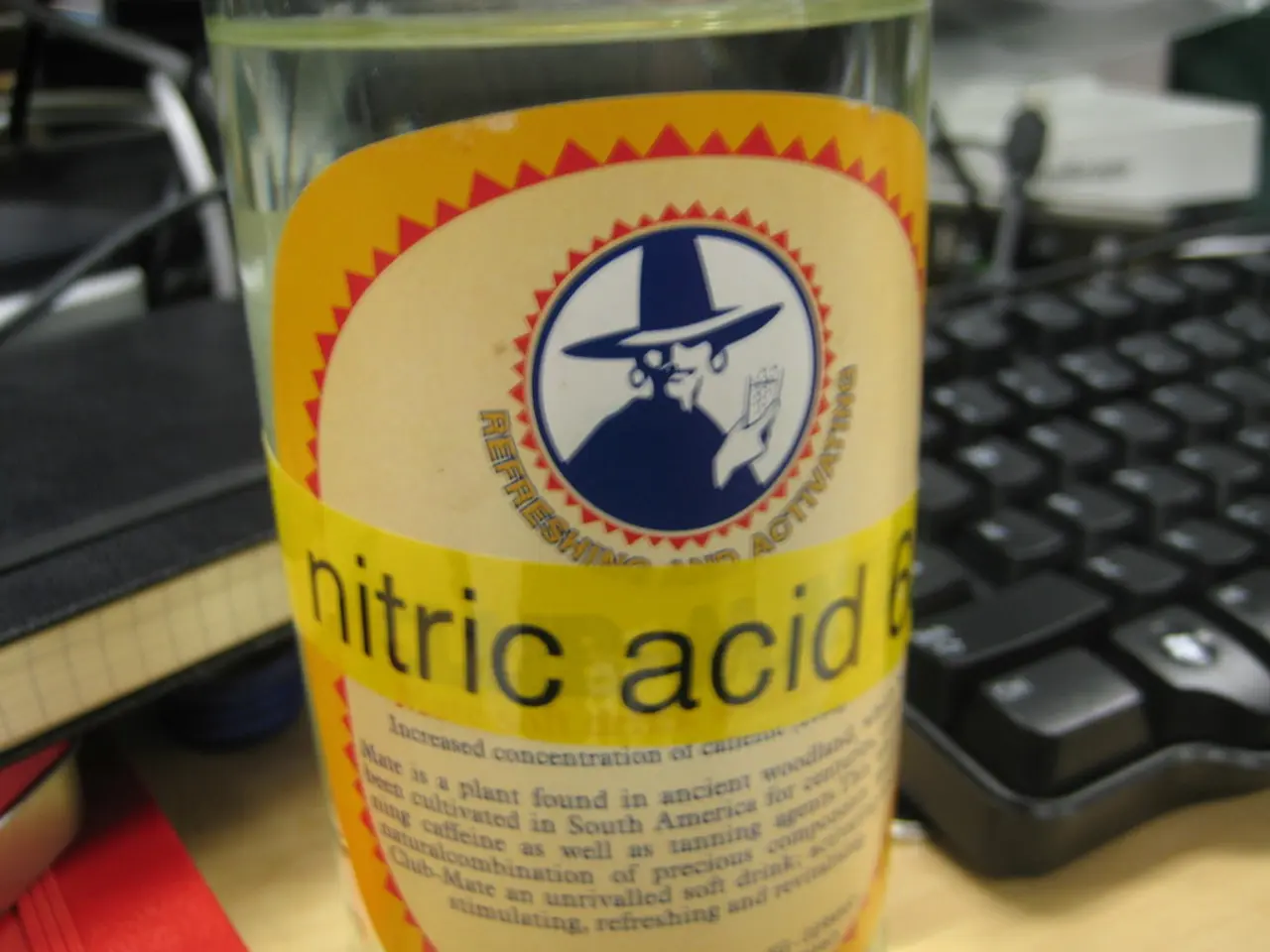Dementia safeguarding mineral revealed
Maintaining adequate levels of magnesium, a vital mineral essential for over 300 cellular functions in the brain, can support cognitive health and potentially lower the risk of dementia, particularly in older adults.
Most of the magnesium in the body is stored in bones, making it hard to detect with routine blood tests. However, its role in neural communication, stress regulation, inflammation reduction, and protection of brain cells from damage is crucial.
A study involving over 6,000 adults revealed that those who consumed more than 550mg of magnesium daily had a brain age approximately one year younger than those who consumed only 350mg per day. This difference was evident by the age of 55.
Dark chocolate, broccoli, pumpkin seeds, Brussels sprouts, brown rice, low-fat yogurt, and dried figs are among the foods rich in magnesium. Incorporating these into your diet can help increase your magnesium intake naturally.
However, both magnesium deficiency and excessive intake have been linked to increased dementia risk. Adequate magnesium helps maintain mental clarity, memory consolidation, and focus. Conversely, overly high magnesium intake or imbalances with other minerals such as calcium may increase dementia risk.
Studies show a 41% increase in magnesium intake correlates with less age-related brain shrinkage and better cognitive function. Certain forms like magnesium L-threonate (Magtein®) have higher brain bioavailability and show clinical benefits for memory, cognition, and brain aging.
It's estimated that about half of adults in the U.S. are living with a magnesium deficiency. This deficiency can put individuals at risk for conditions such as low thyroid, asthma, migraines, diabetes, hypertension, and stroke.
In addition to a magnesium-rich diet, it's important to also get enough vitamin D3, B6, E, thiamine, and selenium to support the body's use of magnesium. Women make up about two-thirds of dementia cases, and female subjects in the study seemed to benefit more from the neuroprotective effects of additional magnesium in their diets.
In sum, maintaining adequate magnesium intake—ideally through diet and, if needed, targeted supplementation—supports cognitive health and may lower dementia risk in adults, especially the elderly. However, more research and balanced intake are essential to optimize benefits. Consuming a diet rich in magnesium-rich foods can help maintain brain health and reduce the risk of dementia as we age.
Maintaining appropriate levels of magnesium through a health-and-wellness regime focusing on diet can contribute to better cognitive health, potentially lowering the risk of dementia, especially in older adults. A well-balanced diet containing foods rich in magnesium, such as dark chocolate, broccoli, pumpkin seeds, and dried figs, can aid in elevating magnesium intake naturally. Conversely, both a deficiency and excessive intake of magnesium have been associated with increased dementia risk, highlighting the importance of wellness practices that promote balance in nutrition.




